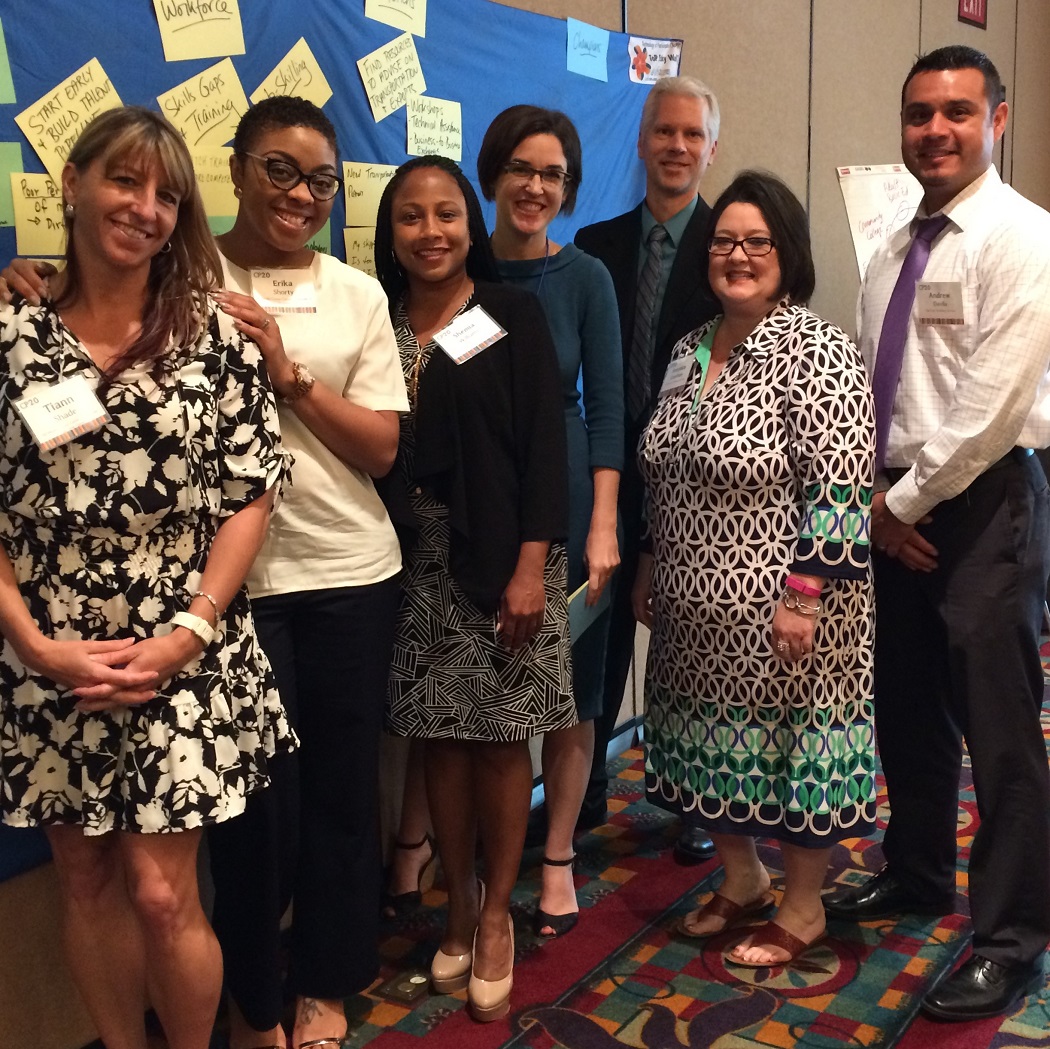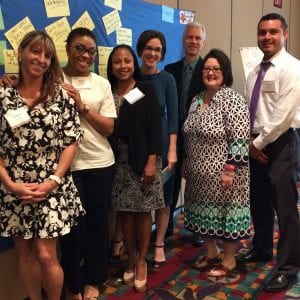
22 May Career Pathway Conference 2.0 maps strategy for rollout
 North Carolina began the year with a 4.9 percent unemployment rate and a 9.4 percent under-employment rate, slightly higher than the national average, according to the Bureau of Labor Statistics. At Charlotte Works, we know that whether a job-seeker is unemployed or under-employed, searching for a new job can be frustrating and overwhelming. That’s why we’re collaborating with local and regional partners to develop certified career pathways. These career pathways will provide job-seekers with a road map to learn exactly what they need to do to enter, or advance within, a career based on their current skills. They’ll also have access to the education, training and credentials needed by you, the employers.
North Carolina began the year with a 4.9 percent unemployment rate and a 9.4 percent under-employment rate, slightly higher than the national average, according to the Bureau of Labor Statistics. At Charlotte Works, we know that whether a job-seeker is unemployed or under-employed, searching for a new job can be frustrating and overwhelming. That’s why we’re collaborating with local and regional partners to develop certified career pathways. These career pathways will provide job-seekers with a road map to learn exactly what they need to do to enter, or advance within, a career based on their current skills. They’ll also have access to the education, training and credentials needed by you, the employers.
Recently, our team participated in the NCWorks Career Pathways Conference 2.0 in Cary, N.C. Education, workforce development and industry professionals gathered to strategize the implementation phase for the 17 certified career pathways that have been produced across the state, including the advanced manufacturing certification awarded to the Southwest Prosperity Zone (counties served by Charlotte-Mecklenburg, Centralina and Gaston County workforce boards) in February.
Attendees made valuable connections to share knowledge and experiences; panel discussions provided expert advice on pitfalls and best practices; and keynote speakers addressed components for success, such as the importance of developing and maintaining private and public sector partnerships. Are you interested in the work toward certified career pathways? Looking for ways to get involved? Contact Natasha Warren, business services director, at nwarren@charlotteworks.com for more information.


